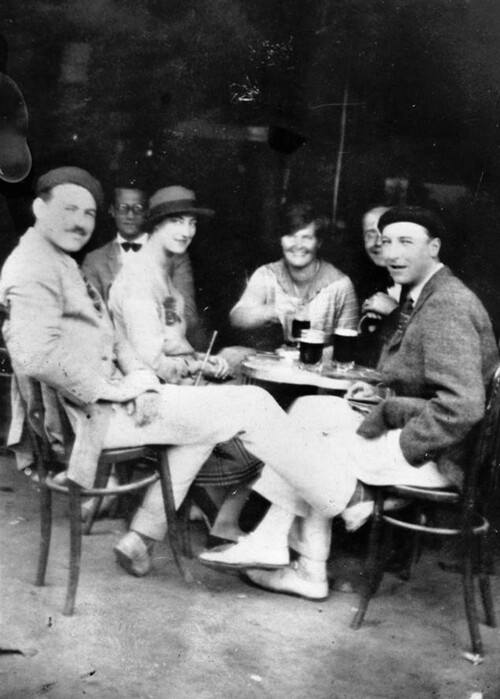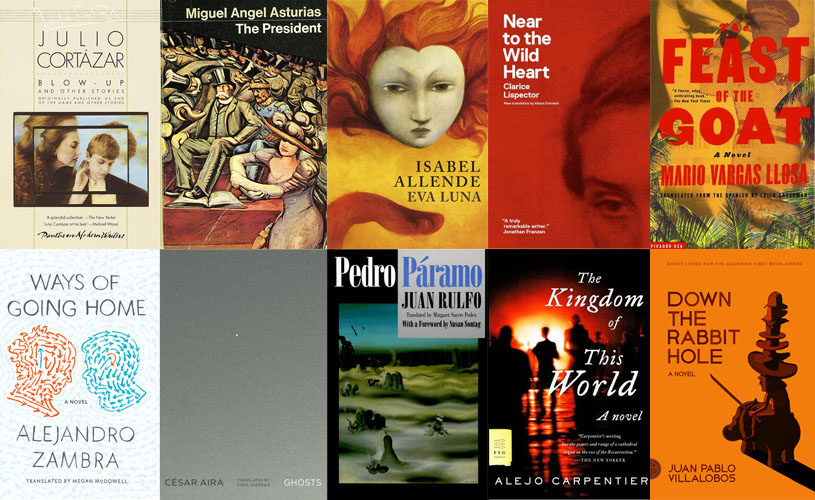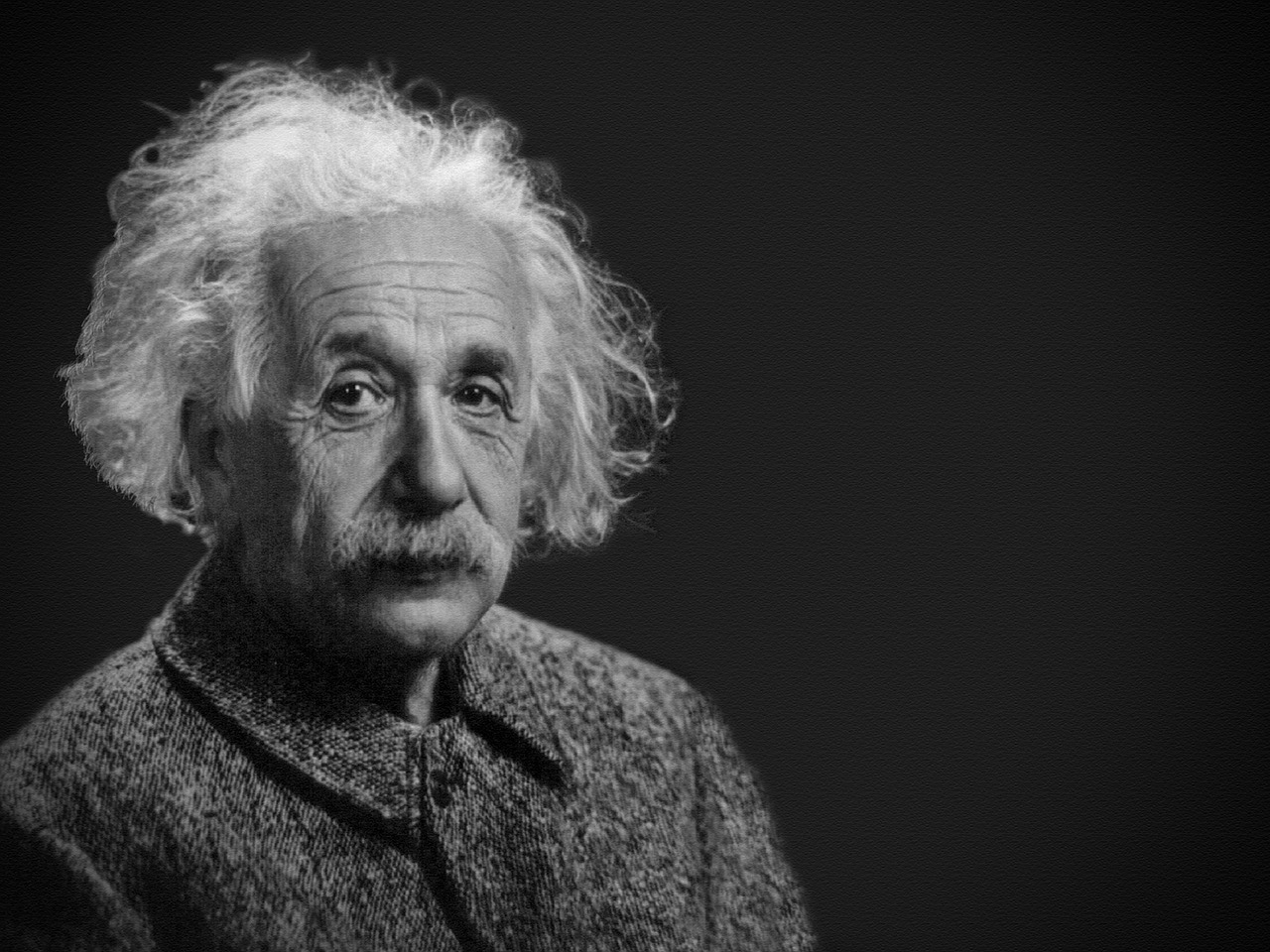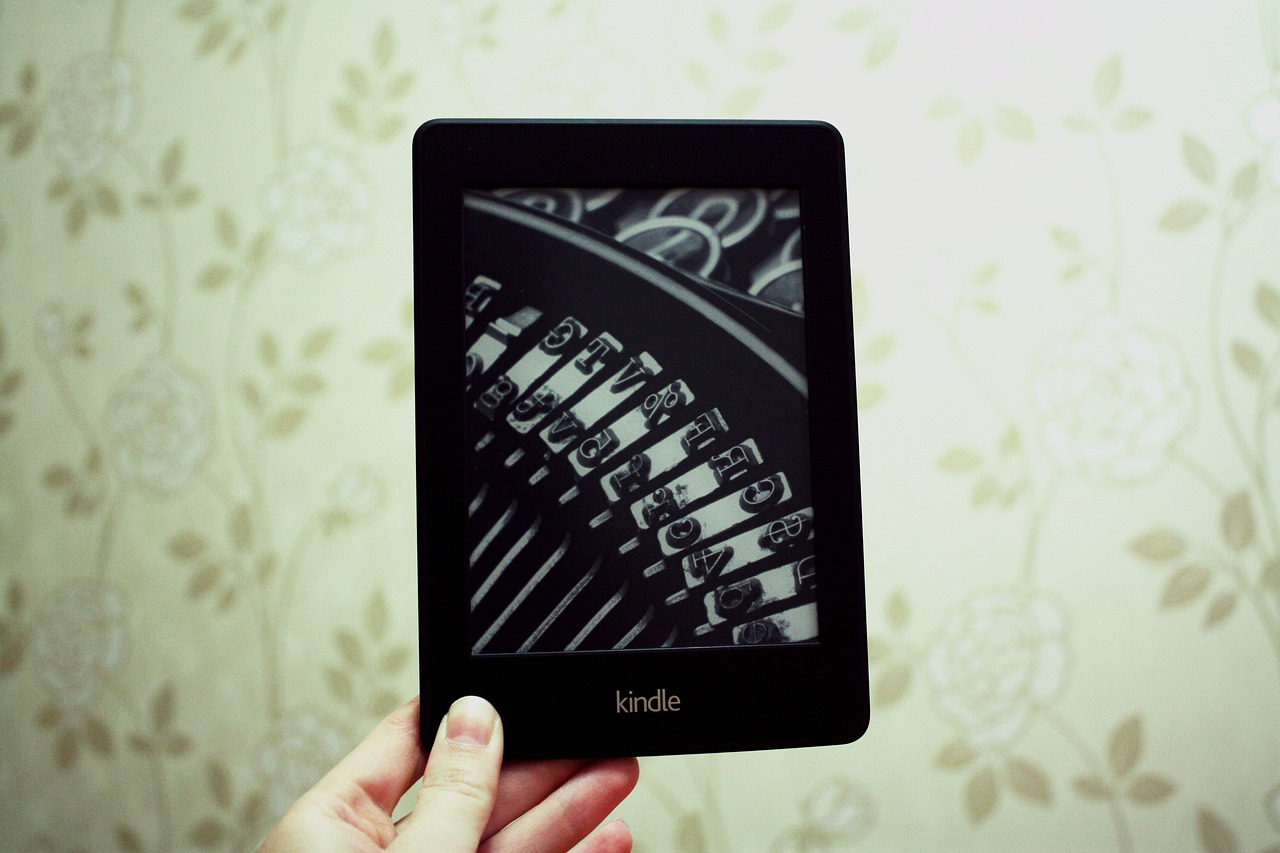Introduction
Modern literature, spanning the 20th and 21st centuries, has witnessed a profound transformation in style, themes, and mediums. This era brought forth groundbreaking literary movements, iconic authors, and innovative storytelling techniques. In this article, we delve into the evolution of modern literature, exploring the major trends and literary milestones that have shaped the way we perceive and engage with literature today.
Modern literature, spanning the 20th and 21st centuries, has witnessed a profound transformation in style, themes, and mediums. This era brought forth groundbreaking literary movements, iconic authors, and innovative storytelling techniques. In this article, we delve into the evolution of modern literature, exploring the major trends and literary milestones that have shaped the way we perceive and engage with literature today.
Breaking the Mold: Literary Movements
One cannot discuss modern literature without acknowledging the dynamic literary movements that have left an indelible mark on the literary landscape. From the surrealism of James Joyce’s “Ulysses” to the stream-of-consciousness narratives of Virginia Woolf’s “Mrs. Dalloway,” the early 20th century saw writers challenging traditional narrative structures and experimenting with new forms of storytelling.
The Beat Generation, with luminaries like Jack Kerouac and Allen Ginsberg, rebelled against societal norms, paving the way for the counterculture movements of the 1960s. Postmodernism, characterized by authors like Salman Rushdie and Thomas Pynchon, blurred the lines between reality and fiction, ushering in an era of metafiction and intertextuality.
Voices of Diversity and Inclusion
Modern literature has also been a battleground for voices demanding inclusivity and diversity. Writers like Toni Morrison, Maya Angelou, and James Baldwin confronted issues of race, identity, and inequality head-on. Their works, such as “Beloved,” “I Know Why the Caged Bird Sings,” and “Go Tell It on the Mountain,” have become essential texts in the ongoing struggle for social justice.
The LGBTQ+ community found representation in writers like Audre Lorde and Armistead Maupin, whose works provided a platform for queer voices and experiences. These authors challenged societal norms and expanded the literary canon to encompass the rich tapestry of human diversity.
Technological Innovation: The Digital Age
The 21st century ushered in a new era of literature with the advent of digital technology. E-books, audiobooks, and online publishing platforms have democratized the creation and distribution of literature. Writers can now reach global audiences with the click of a button, and readers can access a vast array of literary works from the comfort of their screens.
In addition to changing how literature is consumed, technology has influenced storytelling itself. Transmedia narratives, interactive fiction, and multimedia storytelling have emerged as innovative ways to engage readers in immersive literary experiences. The boundary between literature and other forms of media, such as video games and virtual reality, has blurred, giving rise to new opportunities for creative expression.
The Ever-Evolving Canon
Modern literature challenges us to redefine the literary canon continually. As new voices and perspectives emerge, the traditional boundaries of what constitutes “classic” literature expand. Works like Chimamanda Ngozi Adichie’s “Half of a Yellow Sun” and Haruki Murakami’s “Kafka on the Shore” have already solidified their places in the literary pantheon.
In conclusion, modern literature is a vibrant tapestry woven from diverse threads of innovation, activism, and technology. It reflects not only the literary brilliance of its authors but also the changing times in which it was created. As we navigate the complexities of the 21st century, modern literature remains a faithful companion, guiding us through the human experience with an ever-expanding repertoire of voices and narratives.
For additional details, consider exploring the related content available here Mrs Dalloway: exploring consciousness and the modern world | The …
The 20th century opened with the advent of Modernism, a literary movement characterized by a departure from traditional forms and a focus on individual consciousness. Authors like James Joyce, Virginia Woolf, and T.S. Eliot experimented with narrative structure, stream of consciousness, and non-linear storytelling. Works like “Ulysses” and “To the Lighthouse” challenged conventional narratives and explored the inner lives of characters.
The 20th century opened with the advent of Modernism, a literary movement characterized by a departure from traditional forms and a focus on individual consciousness. Authors like James Joyce, Virginia Woolf, and T.S. Eliot paved the way for a literary revolution, reshaping the landscape of storytelling in profound ways.
James Joyce’s “Ulysses” stands as a towering achievement of Modernist literature. This novel takes readers on a single day’s journey through the streets of Dublin, weaving together the inner thoughts and experiences of its characters in a mosaic of language. Joyce’s intricate narrative experiments, including stream of consciousness and linguistic playfulness, challenged readers to engage deeply with the text and unravel its rich layers of meaning.
Virginia Woolf, in works like “To the Lighthouse,” delved into the complexities of human consciousness and the passage of time. Her narrative style flowed seamlessly between characters’ thoughts and emotions, offering readers an intimate view of their inner worlds. Through her pioneering use of interior monologue, she painted intricate psychological portraits of her characters and explored the subtleties of their relationships.
T.S. Eliot, on the other hand, made a mark with his revolutionary poem “The Waste Land.” This fragmented, non-linear masterpiece echoed the disillusionment and fragmentation felt by many in the aftermath of World War I. Eliot’s use of allusion, symbolism, and multiple voices challenged readers to piece together the poem’s meaning, reflecting the disorienting experience of the modern world.
Modernist literature not only pushed the boundaries of narrative but also reflected the profound societal changes of the 20th century. It grappled with the impact of industrialization, urbanization, and the devastation of two World Wars. These writers dared to explore the chaos, uncertainty, and complexity of the modern human experience.
In essence, Modernism represented a radical shift in storytelling, emphasizing the subjective experience of characters and the intricacies of their inner lives. It encouraged readers to engage actively with texts, deciphering their layered meanings and embracing the challenge of deciphering unconventional narratives. The legacy of Modernism continues to influence contemporary literature, inspiring authors to explore new narrative techniques and the depths of human consciousness in their storytelling.
Should you desire more in-depth information, it’s available for your perusal on this page: Depression as a disease of modernity: explanations for increasing …

The aftermath of World War I gave rise to the Lost Generation, a term coined by Gertrude Stein to describe disillusioned writers who felt disconnected from the values of their society. Authors like F. Scott Fitzgerald and Ernest Hemingway explored themes of existentialism, moral decay, and the pursuit of the American Dream in their works, such as “The Great Gatsby” and “The Sun Also Rises.”
The aftermath of World War I was a turbulent period that cast a long shadow of disillusionment and introspection over a generation. This generation, famously referred to as the “Lost Generation” by Gertrude Stein, found themselves grappling with a world that seemed irreparably shattered by the horrors of war.
In the literary realm, this generation of writers sought to articulate the profound sense of loss, aimlessness, and disconnection they felt from the values and ideals that had once defined their society. Authors like F. Scott Fitzgerald and Ernest Hemingway emerged as the leading voices of this literary movement, channeling their own experiences and observations into works of enduring significance.
Fitzgerald’s “The Great Gatsby” stands as a quintessential portrayal of the era. Through the enigmatic figure of Jay Gatsby, Fitzgerald explores the hollowness of the American Dream during the Roaring Twenties. The glittering facade of wealth and excess masks deeper existential questions and moral decay, revealing the emptiness that lies beneath the pursuit of material success.
Ernest Hemingway, known for his succinct and evocative prose, offered a different perspective on the post-war generation in “The Sun Also Rises.” His characters, including the iconic Jake Barnes, grapple with the physical and emotional scars of war, seeking meaning and connection in a world that seems to have lost its moral compass. Hemingway’s exploration of themes like masculinity, identity, and the search for authenticity resonated deeply with readers of the time.
Both Fitzgerald and Hemingway, in their own distinctive styles, captured the essence of a generation marked by a sense of dislocation and a questioning of traditional values. They illuminated the existential crises faced by individuals trying to find their place in a rapidly changing world.
The Lost Generation’s literary contributions went beyond mere storytelling; they provided a mirror to a society in flux, prompting reflection and dialogue on the profound changes that had taken place. In doing so, these writers left an indelible mark on the literary landscape, and their works continue to be relevant and thought-provoking reflections on the complexities of the human condition. The legacy of the Lost Generation serves as a reminder that even in times of great upheaval, art and literature have the power to provide solace, understanding, and a sense of shared experience.
Should you desire more in-depth information, it’s available for your perusal on this page: Lost Generation | Definition, Writers, Characteristics, Books, & Facts …

In the mid-20th century, Latin American authors like Gabriel García Márquez and Jorge Luis Borges introduced the world to Magical Realism, blending fantastical elements with everyday life. Márquez’s “One Hundred Years of Solitude” and Borges’ short stories challenged the boundaries of reality and fiction, leaving a lasting impact on global literature.
In the mid-20th century, a literary revolution emerged from the heart of Latin America, led by visionary authors such as Gabriel García Márquez and Jorge Luis Borges. This movement, known as Magical Realism, captured the imaginations of readers worldwide by seamlessly intertwining the extraordinary with the mundane.
Gabriel García Márquez, a Colombian literary giant, gifted the world with his magnum opus, “One Hundred Years of Solitude.” Within the pages of this epic novel, he wove a tapestry of generations in the fictional town of Macondo, where magical occurrences were as commonplace as the sunrise. Márquez’s prose breathed life into characters who experienced love, loss, and the surreal in a way that resonated deeply with readers. “One Hundred Years of Solitude” became a literary phenomenon, not only introducing the concept of Magical Realism but also challenging conventional storytelling by blurring the boundaries of reality and fiction.
Jorge Luis Borges, the revered Argentine author, embarked on a different yet equally enchanting literary journey. Through his masterful short stories, Borges explored intricate labyrinths of thought and imagination. His works, like “The Library of Babel” and “Ficciones,” delved into the complexities of existence, time, and identity. Borges’ ability to craft intricate, mind-bending narratives left a profound mark on the genre and inspired generations of writers to come.
The impact of these Latin American luminaries extended far beyond their regional borders. Their exploration of Magical Realism not only challenged the limitations of storytelling but also enriched the global literary landscape. Today, their influence is evident in the works of writers from diverse backgrounds who continue to experiment with the magical and the real, pushing the boundaries of imagination and narrative conventions.
In retrospect, the mid-20th century was a transformative period for literature, thanks to the innovative minds of Gabriel García Márquez and Jorge Luis Borges. Their contributions to Magical Realism opened doors to new ways of storytelling, where the fantastic and the everyday coexist harmoniously. Their enduring legacy reminds us that within the pages of a book, reality is but a canvas for the boundless creativity of the human imagination, forever altering our perception of what is possible in the realm of literature.
To expand your knowledge on this subject, make sure to read on at this location: Spanish Program Courses | Department of Romance Studies

As the 20th century progressed, literature embraced Postmodernism, characterized by self-awareness, irony, and metafiction. Authors like Kurt Vonnegut and Thomas Pynchon questioned the nature of reality and the role of the author in works like “Slaughterhouse-Five” and “Gravity’s Rainbow.” Postmodernism blurred the lines between fiction and reality, inviting readers to question the very act of storytelling.
In the ever-evolving landscape of literature, the 20th century brought about a seismic shift in narrative styles, with Postmodernism emerging as a defining literary movement. This era of literary experimentation ushered in a new age of self-awareness, irony, and metafiction that challenged conventional storytelling norms.
Authors such as Kurt Vonnegut and Thomas Pynchon became torchbearers of this Postmodernist revolution. In works like “Slaughterhouse-Five” and “Gravity’s Rainbow,” they dared to venture into uncharted literary territory, where the boundaries of reality and fiction were deliberately blurred.
“Slaughterhouse-Five,” Vonnegut’s iconic masterpiece, not only defied traditional chronology but also introduced the concept of the unreliable narrator. Through the experiences of the protagonist, Billy Pilgrim, the novel navigated the horrors of war with a narrative that transcended conventional notions of time and space. Vonnegut’s use of satire and irony challenged the very idea of a linear narrative, inviting readers to question the reliability of storytelling itself.
Thomas Pynchon, on the other hand, took readers on a labyrinthine journey through the sprawling narrative of “Gravity’s Rainbow.” The novel, often described as one of the most complex works of the 20th century, wove together a tapestry of characters, plots, and subplots that defied easy categorization. Pynchon’s use of paranoia, absurdity, and intricate wordplay raised profound questions about the nature of reality and the role of the author in controlling the narrative.
At the heart of Postmodernism was a profound sense of skepticism toward the grand narratives of the past. Authors like Vonnegut and Pynchon questioned the authority of traditional storytelling and embraced metafiction as a means of exploration. This self-reflexive approach invited readers to actively engage with the text, to question the very act of storytelling, and to consider the implications of authorship and narrative manipulation.
In essence, Postmodernism was a literary movement that dared to dismantle the conventions of storytelling, challenging readers to view narratives through a different lens. It was an era that celebrated the playful, the paradoxical, and the fragmented nature of existence. Through the works of Vonnegut, Pynchon, and their contemporaries, Postmodernism left an indelible mark on literature, pushing the boundaries of what could be achieved within the realm of fiction and forever altering the landscape of storytelling.
Looking for more insights? You’ll find them right here in our extended coverage: Postmodern Literature Guide: 10 Notable Postmodern Authors …

The 21st century has seen a diversification of voices and genres in literature. Authors like Chimamanda Ngozi Adichie and Junot Díaz have brought issues of identity, race, and migration to the forefront in works like “Americanah” and “The Brief Wondrous Life of Oscar Wao.” Additionally, the digital age has given rise to new forms of literature, including web-based narratives, interactive fiction, and e-books, expanding the possibilities of storytelling.
The 21st century literary landscape is marked by a rich tapestry of voices and genres, reflecting the diverse and interconnected world we live in. Authors like Chimamanda Ngozi Adichie and Junot Díaz have made significant contributions by shedding light on critical issues of our time.
Chimamanda Ngozi Adichie’s “Americanah” is a powerful exploration of identity, race, and belonging in a globalized world. Through the experiences of its protagonist, Ifemelu, the novel addresses the complexities of racial identity and the immigrant experience in the United States. Adichie’s unflinching portrayal of race and her ability to capture the nuances of cultural adjustment have resonated with readers worldwide, sparking important conversations about these issues.
Similarly, Junot Díaz’s “The Brief Wondrous Life of Oscar Wao” delves into the complexities of identity, immigration, and the weight of history. Díaz weaves a narrative that spans generations and continents, offering a fresh perspective on the Dominican-American experience. His use of multiple voices and timelines adds depth to the storytelling, reflecting the layered nature of identity in an ever-evolving world.
In addition to the exploration of pressing social issues, the digital age has ushered in a new era of storytelling. The advent of web-based narratives, interactive fiction, and e-books has democratized the world of literature, allowing emerging authors to reach global audiences with ease. Readers can now immerse themselves in interactive narratives where they shape the story’s outcome or enjoy literature on digital platforms accessible on a variety of devices.
Web-based narratives, in particular, have provided a platform for experimental storytelling. Authors and creators can incorporate multimedia elements, such as videos, audio clips, and hyperlinks, into their narratives, creating immersive and interactive reading experiences. This fusion of technology and literature has expanded the boundaries of traditional storytelling, inviting readers to engage with stories in innovative ways.
As we navigate the 21st century, the literary world continues to evolve, embracing diverse voices, exploring critical issues, and harnessing the power of technology. The combination of traditional and digital forms of storytelling ensures that literature remains a dynamic and relevant art form, capable of capturing the complexities of our rapidly changing world. In this era of literary innovation, both established and emerging authors have the opportunity to shape the future of literature, ensuring that it continues to be a powerful tool for reflection, empathy, and understanding.
Should you desire more in-depth information, it’s available for your perusal on this page: Bulletin – Undergraduate – Departments & Programs – English

Contemporary literature reflects the pressing issues of our time, including climate change. The emergence of Climate Fiction (Cli-Fi) in novels like Barbara Kingsolver’s “Flight Behavior” and Kim Stanley Robinson’s “New York 2140” explores the environmental challenges facing our planet.
Contemporary literature serves as a powerful mirror reflecting the pressing issues of our time, and none are more urgent than the existential threat of climate change. In recent years, a literary genre known as Climate Fiction, or Cli-Fi, has emerged as a significant force in addressing these critical environmental concerns. Novels like Barbara Kingsolver’s “Flight Behavior” and Kim Stanley Robinson’s “New York 2140” offer profound literary explorations of the intricate and multifaceted challenges facing our planet.
In “Flight Behavior,” Kingsolver transports readers to the rural Appalachian region, where she weaves a captivating narrative around the mysterious appearance of monarch butterflies in an unexpected location. Through the lens of the story’s characters, Kingsolver delves into the complex interplay of climate change, human behavior, and the fragile ecosystems that are under threat. The novel invites readers to confront the consequences of environmental disruption while also highlighting the resilience of communities striving to adapt to a changing world.
Meanwhile, Kim Stanley Robinson’s “New York 2140” catapults us into a future New York City where sea levels have risen, permanently altering the urban landscape. The novel is a sprawling and intricately detailed exploration of how society copes with the dramatic impacts of climate change, from the creation of innovative infrastructure to the profound social and economic inequalities that persist in the face of adversity. Robinson’s work challenges readers to consider the potential consequences of inaction on climate issues and sparks conversations about resilience, equity, and the role of human agency in shaping our collective future.
These Cli-Fi novels are not just cautionary tales; they are catalysts for meaningful discourse and action. They highlight the need for global cooperation and personal responsibility in addressing the environmental crises that threaten our world. Through the medium of literature, these authors provide readers with a deeper understanding of the intricate web of challenges posed by climate change and inspire them to become more informed, engaged, and proactive stewards of the planet. In doing so, contemporary literature proves once again that it can be a powerful tool for raising awareness and advocating for change in the face of pressing global issues.
Looking for more insights? You’ll find them right here in our extended coverage: Browse In Fiction | Oxford Research Encyclopedia of Literature

Conclusion
The evolution of modern literature from the 20th to the 21st century is a testament to the dynamic nature of human creativity and expression. From the experimental narratives of Modernism to the diverse voices of contemporary literature, this journey through time reveals how authors have grappled with the complexities of the human experience and the ever-changing world around us. As we continue into the 21st century, literature remains a powerful medium for exploring our shared humanity and the challenges that lie ahead.
The evolution of literature across the 20th and 21st centuries mirrors the sweeping transformations that have defined our world during this period. It serves as a remarkable testament to the enduring power of the written word to capture the essence of the human condition, document our evolving societies, and reflect our shared hopes and fears.
The 20th century saw the rise of Modernism, a literary movement marked by innovation, experimentation, and a departure from traditional storytelling. Authors like James Joyce, Virginia Woolf, and Franz Kafka shattered conventional narrative structures, inviting readers into complex and fragmented worlds that mirrored the uncertainty and upheaval of the era. It was a time when literature dared to question reality itself, challenging the boundaries of language and perception.
As we ventured further into the 21st century, literature adapted to the rapidly changing landscapes of technology, globalization, and cultural diversity. The voices of authors from around the world came to the forefront, enriching the global literary tapestry with diverse perspectives and narratives. This era has seen the emergence of powerful voices like Chimamanda Ngozi Adichie, Haruki Murakami, and Zadie Smith, who have reshaped the literary canon and broadened our understanding of what literature can be.
In the 21st century, literature continues to be a powerful medium for exploring the complexities of the human experience. It delves into issues of identity, race, gender, sexuality, and social justice with an unflinching gaze. Authors explore the impact of climate change, technology, and globalization on our lives, offering both cautionary tales and visions of hope. Literature remains a mirror that reflects our aspirations, struggles, and the ever-evolving world in which we live.
Moreover, in an age when information is abundant yet understanding often elusive, literature serves as a beacon of empathy. It allows us to step into the shoes of characters from different backgrounds and eras, fostering compassion and a deeper connection to our fellow humans. It reminds us that, beneath our differences, there are universal truths and emotions that bind us together.
As we journey further into the 21st century, the role of literature as a vessel for human expression and understanding remains indispensable. It is a testament to the resilience of storytelling and the enduring power of words to shape our minds, hearts, and the future that lies ahead. In an ever-changing world, literature remains a guiding light, illuminating the path toward greater empathy, wisdom, and collective progress.
Should you desire more in-depth information, it’s available for your perusal on this page: Evolution of leadership theory | BMJ Leader
More links
If you’d like to dive deeper into this subject, there’s more to discover on this page: 20th and 21st Centuries – English Language & Literature – Research …
